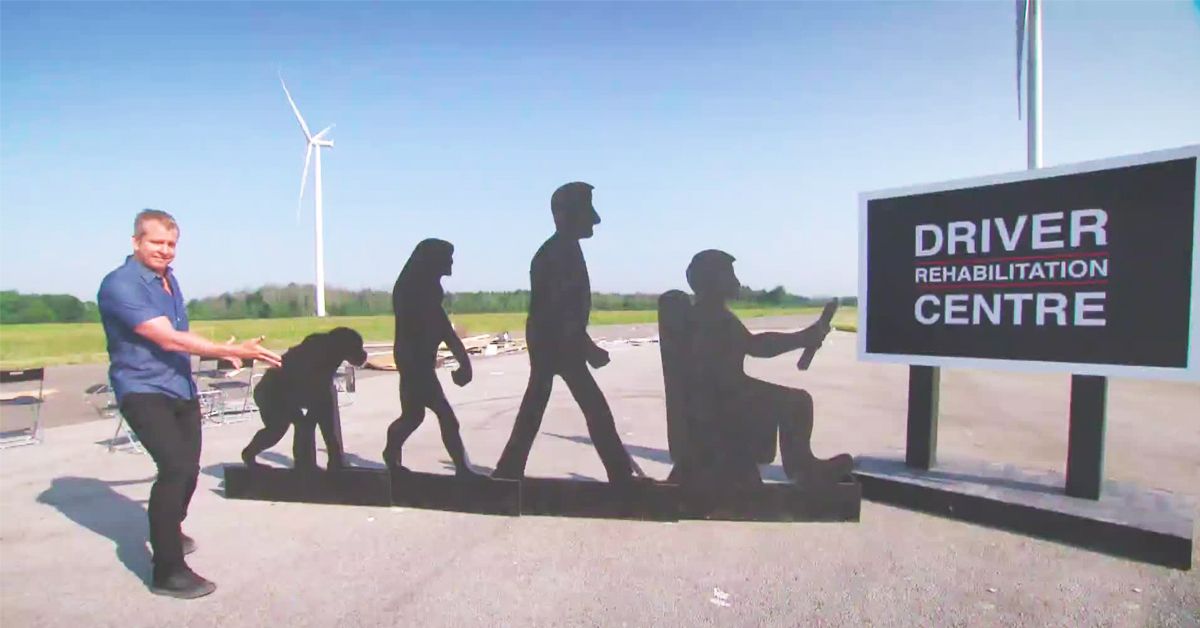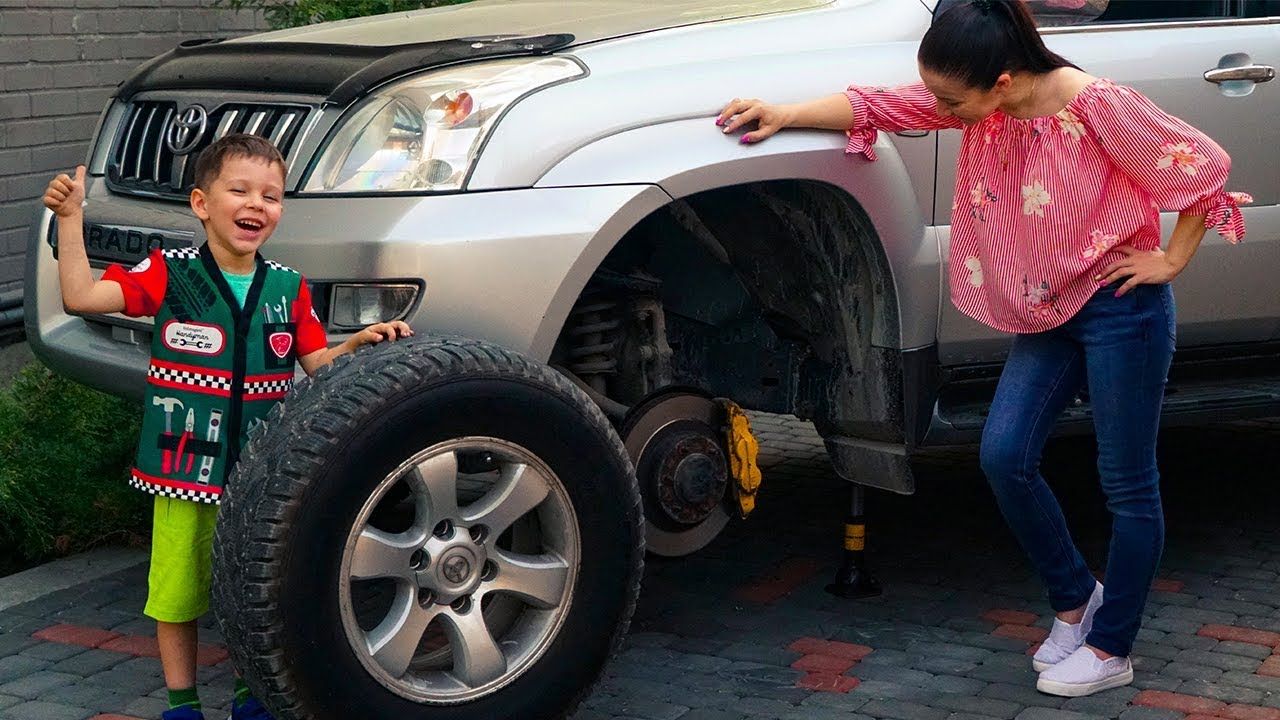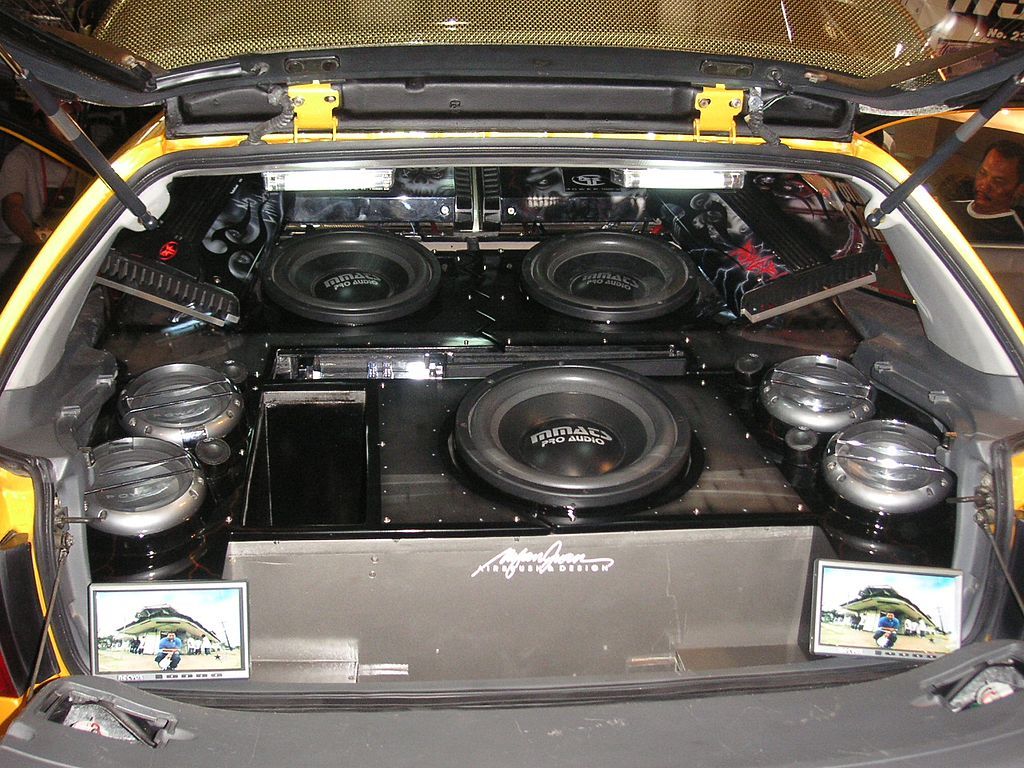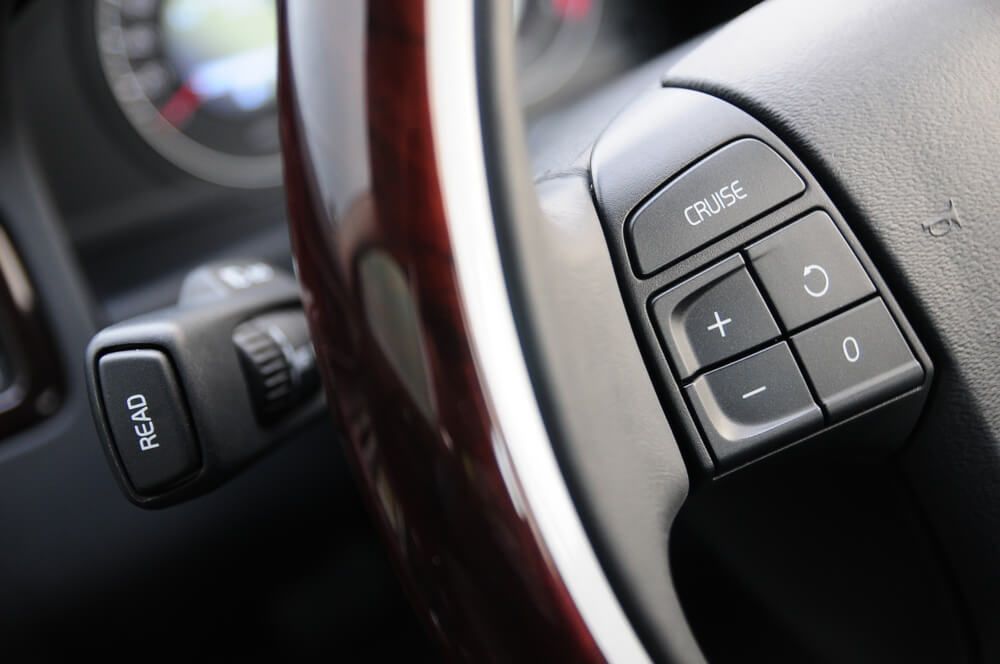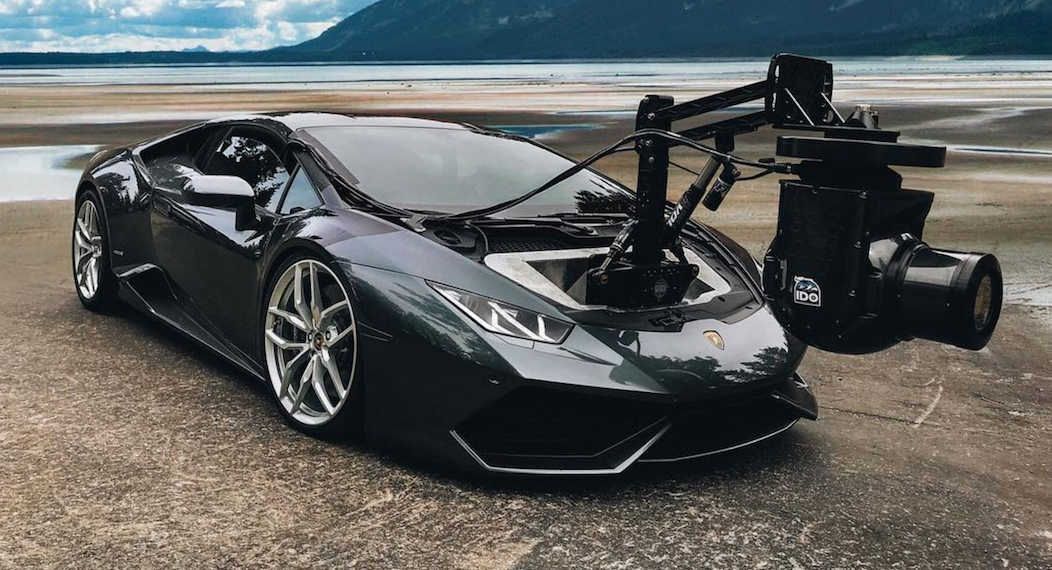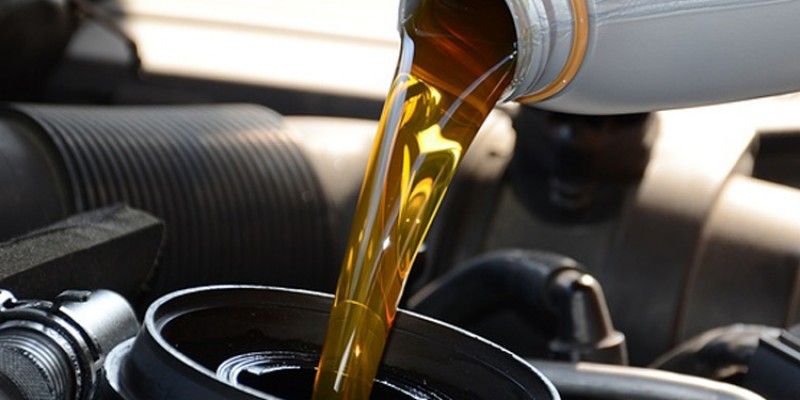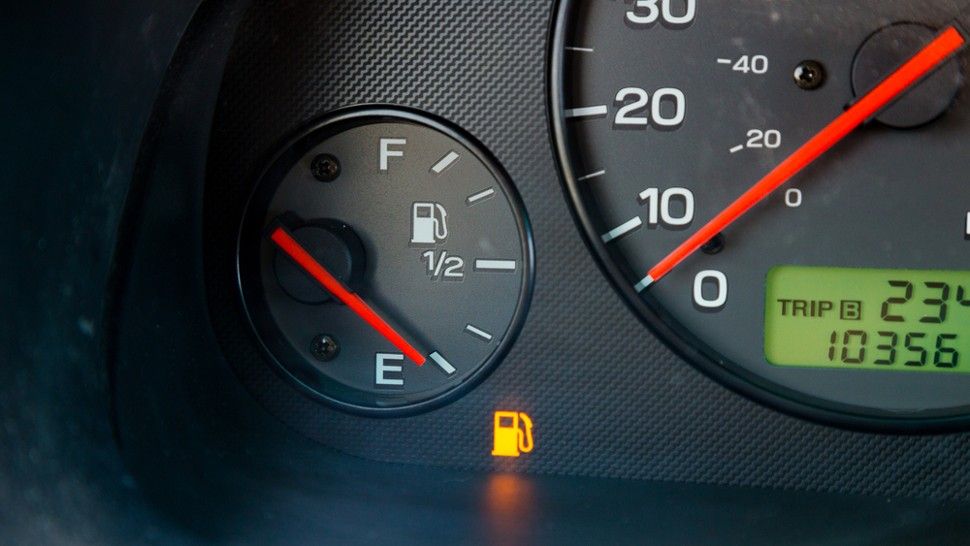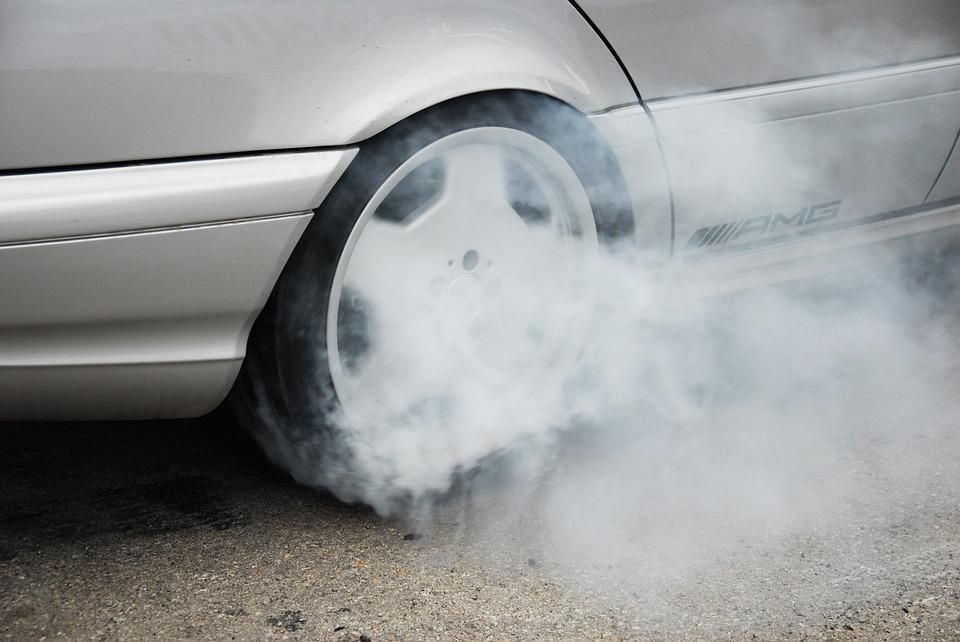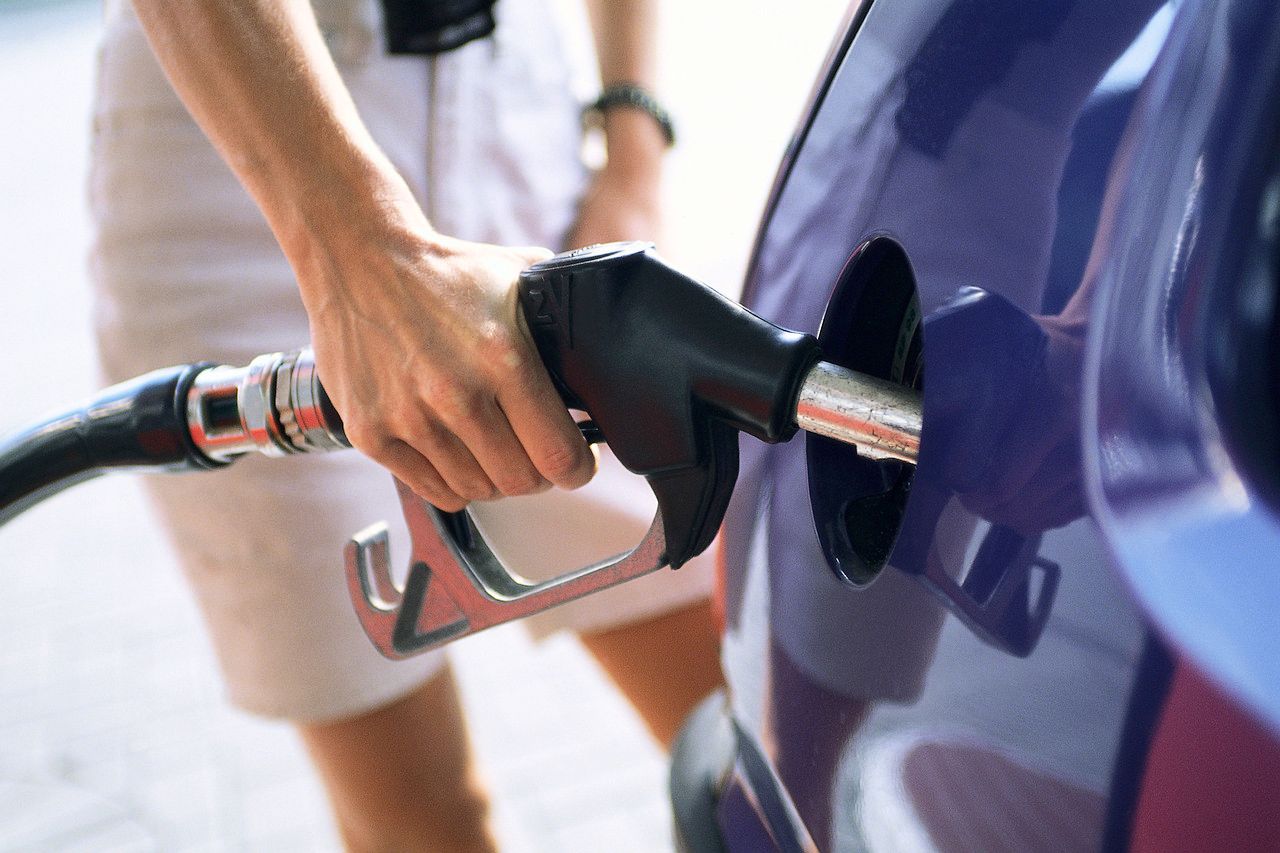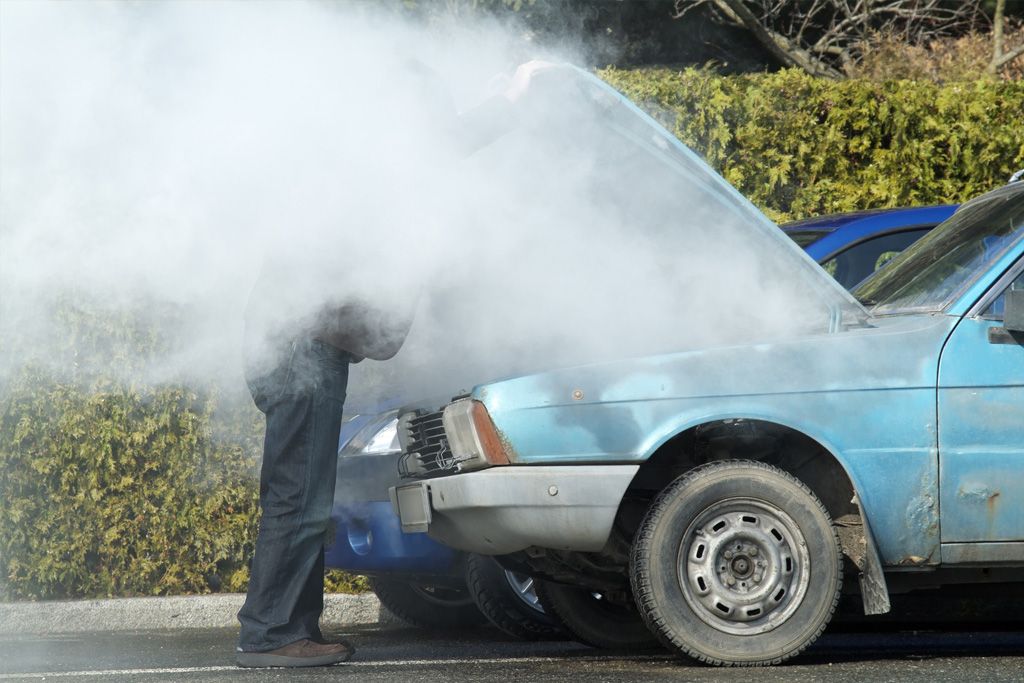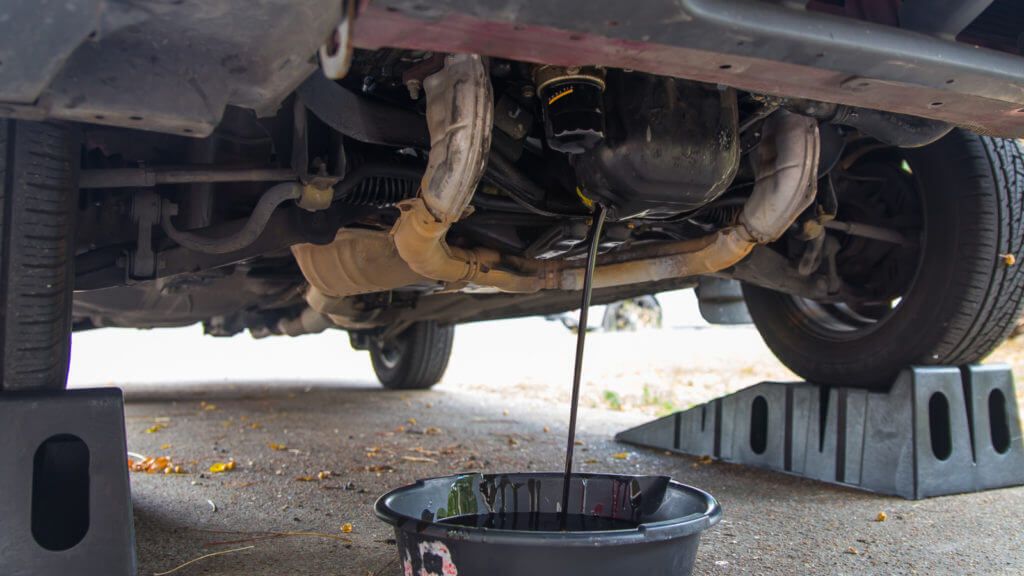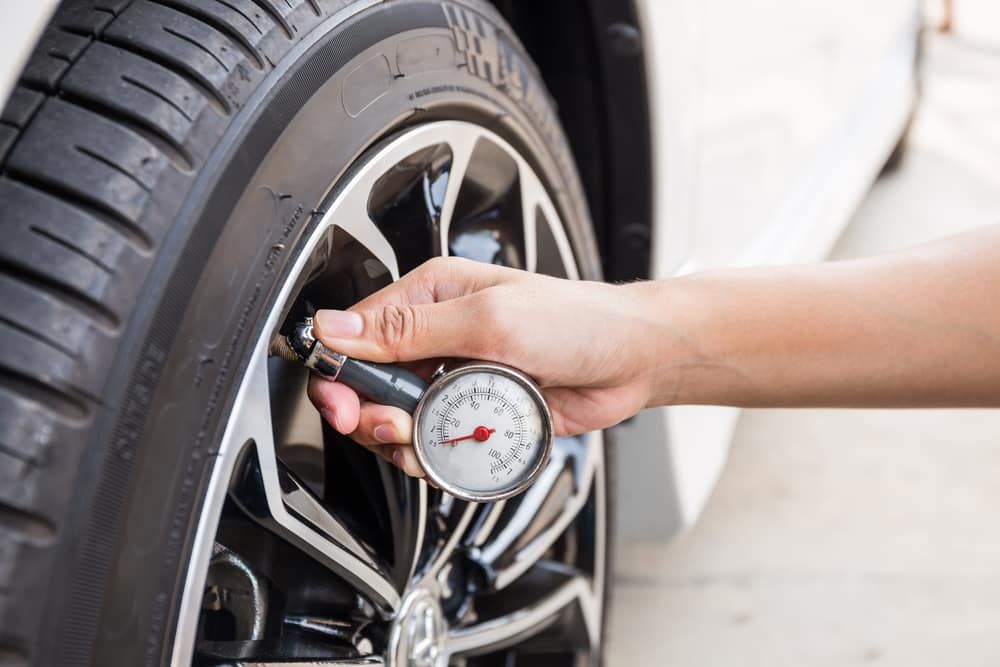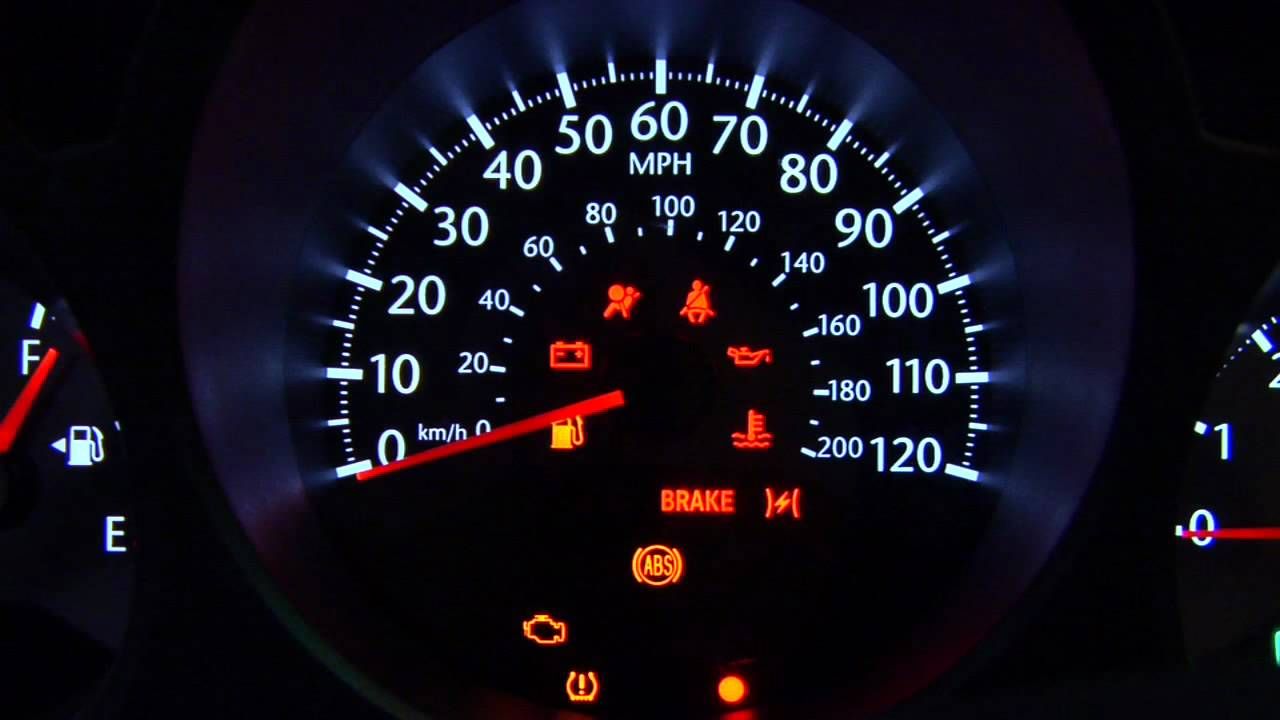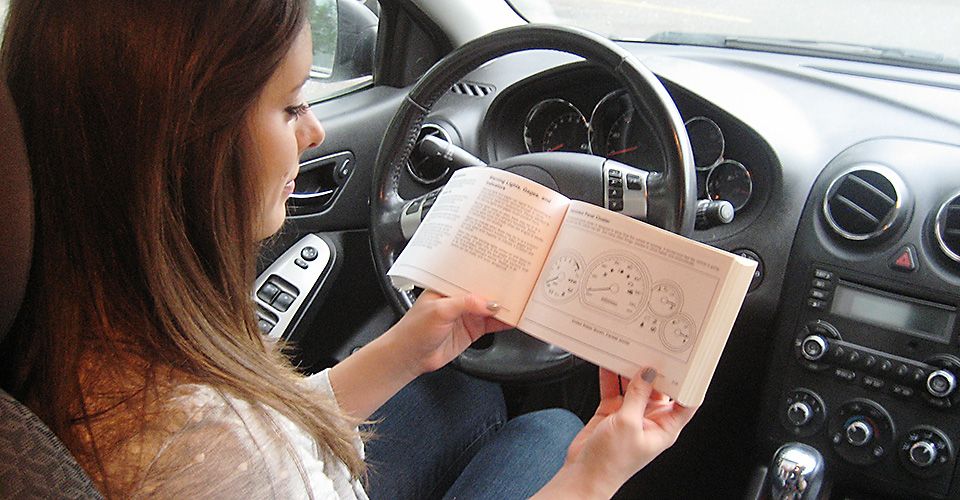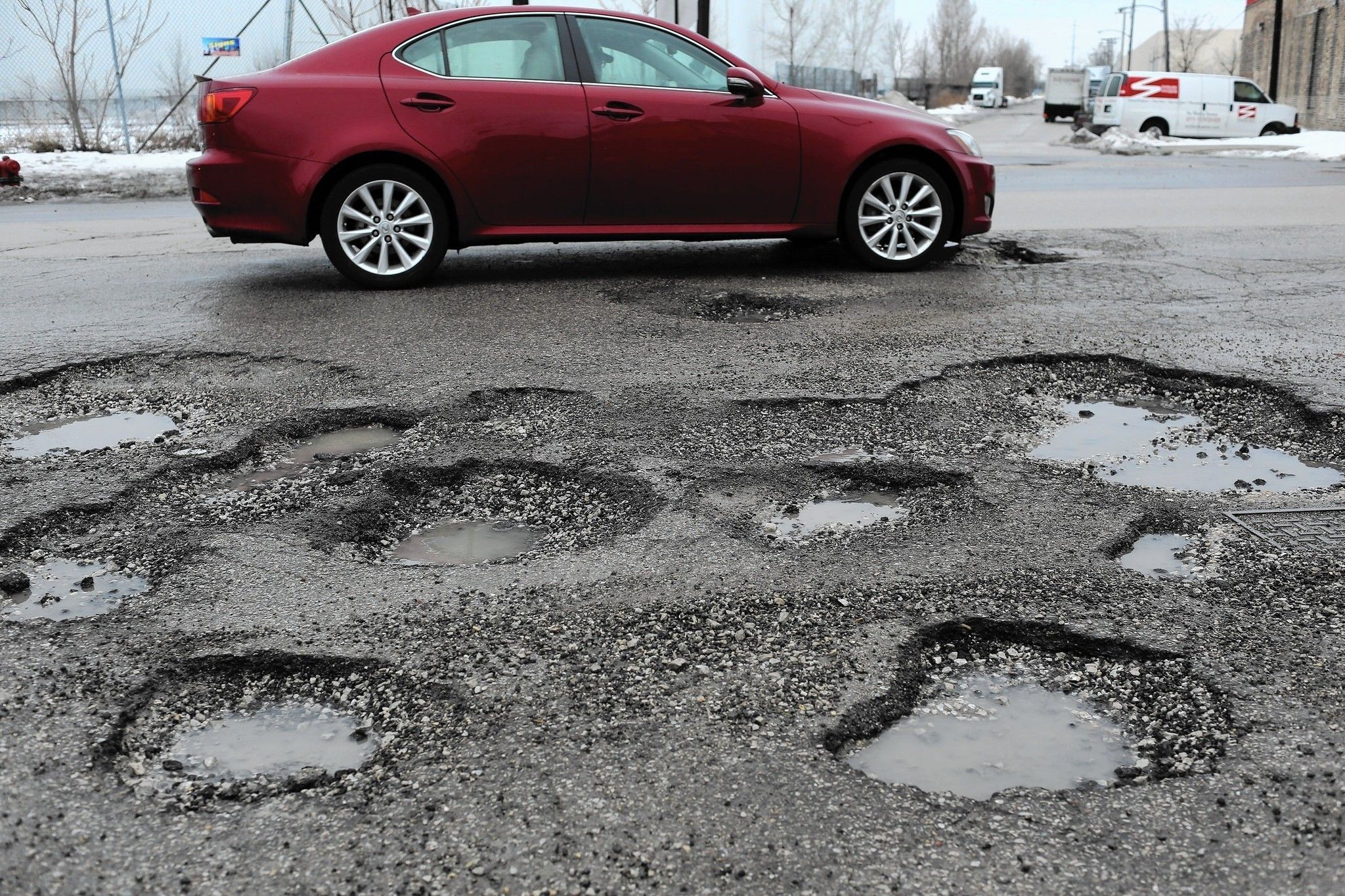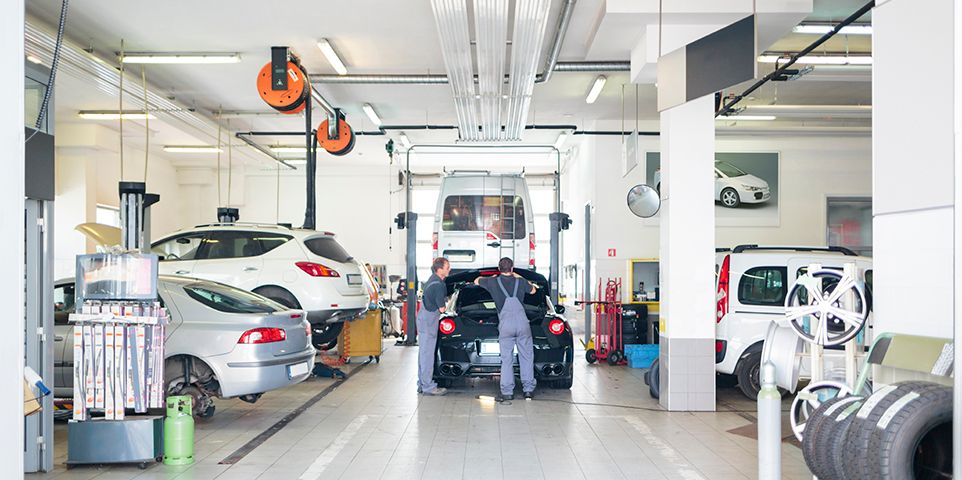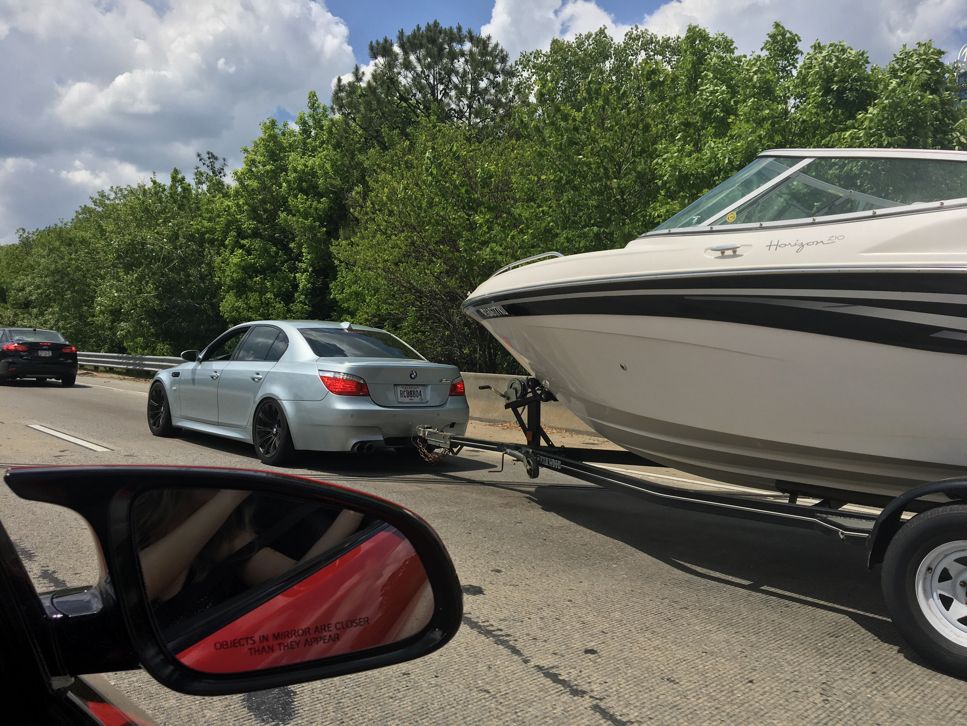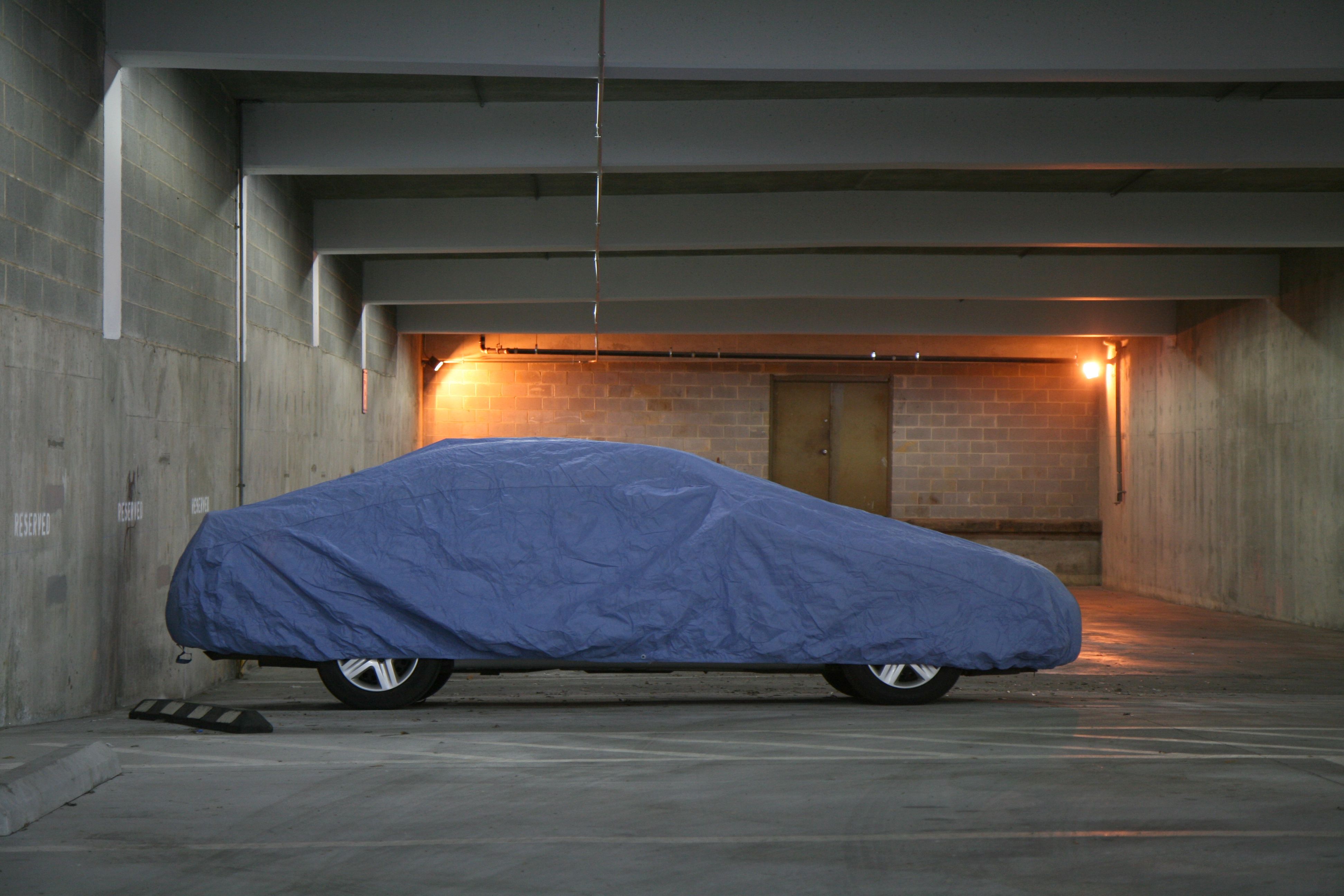Car ownership provides endless joy. For most of us, getting any car when we obtained our license was a blessing. Some people live in a parallel universe and get a brand new car, as their first mode of transportation. Cars service many of our needs, thereby making our lives convenient. If you want longevity from any material possession, you have to look after it; then it will look after you. The problem with some car owners who own new vehicles is that they think that the vehicle can endure more punishment than a used vehicle, so they neglect to look after it. That mentality leads to exorbitant repair costs and a vehicle not lasting the period that it should.
What is the right attitude to have that will ensure your vehicle provides reliability? Drivers who own new cars should be taking more care of their vehicles than drivers who own used vehicles. Not taking your vehicle for granted and appreciating it is a good start. While that is good advice, drivers want specific instructions to ensure that they are optimizing the care of their vehicles. To help new car owners get the optimal experience from their vehicles, we compiled a list of things that drivers should not do if they want to ensure that their car remains reliable and is in it for the long haul.
25 Overloading The Car
I've mentioned that you shouldn't tow boats or trailers, but drivers shouldn't also overload their cars with cargo. Overloading the car with bags, tools and other heavy accessories compromises the car's performance, handling, and the ride. It can also exert the tires, engine, and transmission to the point of failure. Regular overloading can lead to higher maintenance costs.
Drivers can find the load carrying capacity in the owner's manual and should abide by it and spread the weight throughout the vehicle.
24 Have An Unqualified Person Work On The Car
Adhering to regular service is of the utmost importance if you want to ensure that your vehicle is around for a long time. Having a professional service your car is important to mitigate the risk of driving a car that wasn't properly serviced.
Some things you have to leave to the professionals, ensuring that you get the best performance. You should fix your car only if you are as skilled as a qualified mechanic. Paying a professional might cost more than doing it yourself, but it increases the possibility of your car's longevity.
23 Eating Or Drinking In The Car
The fastest way to ruin your interior is by smoking, eating or drinking in your car. Don't use your car as a mobile restaurant. If you need to eat, pull over to a takeaway joint and eat outside of your car. If you want to preserve the scent of a new interior, don't smoke inside your car. Smoke removes an unpleasant aroma in your car and leaves patches on the ceiling.
When you eat or drink inside the car, you expose the interior to stains that you might struggle to clean. Your passengers won't appreciate a dirty car.
22 Wash Your Car In Direct Sunlight
Washing your car is one of the best ways to maintain the car's optimal aesthetics. Not attending to stains can lead to rust or mechanical failure. Washing your car once a week helps to keep the car clean and protects it from debris that could cause damage to the car's parts.
The spot that you choose to wash your car is as important. Don't wash your car in direct sunlight. On a hot day, the metal components on the car get hot fast. When you apply water to the car, the heat burns it off, leaving trace residue, grime, and soap not cleaned off with initial spray.
21 Install Deafening Sound System
We understand that you enjoy music, and sometimes the louder it is, the better it sounds. Apart from the noise pollution that your loud sound system will make, it can also lead to a safety issue. When drivers blast the music in their cars, they are less aware of their surroundings. Loud music can distract you, as well as prohibit you from hearing emergency vehicles, honking cars and pedestrians that might be informing you of a problem on your car.
Loud sound in a compressed space can cause hearing issues.
20 Use Cruise Control
The advent of technology has allowed drivers to become lazy. If you don't want to drive your vehicle but need to get somewhere, you can switch on the cruise control and let it do all the hard work for you. That might sound appealing to car owners who are fed up with driving, but it isn't the best option if you want to maintain your new car.
Cruise control is great for long distances, but when you have a new car, you should vary the car's RPMs. That will ensure a changing load and speed to wear in your engine.
19 Drive At Top Speed
Some drivers who own new cars believe that since the vehicle hasn't endured any punishment on the road that they can drive it at top speed for the first 1,000 miles. They feel that the car will 'awake' and get used to the driver's hooligan style of maneuvering.
Treat the car as a runner. A professional athlete won't start running at top speed from the first step. The athlete will stretch, take a jog and then sprint. The first 1,000 miles of the car are crucial, and you need to ease the vehicle into high speeds.
18 Change The Oil Too Often
As with everything in life, you can do too much or too little. In some cases, both might impede progress, meaning you have to find a balance. While neglecting to change for prolonged periods might have an adverse effect on the engine, changing it too often can lead to the same problems. If you're driving under severe conditions, you should change your oil after 3,000 miles.
Drivers who change the oil sooner than the recommended period will incur unnecessary costs, which will not prolong the vehicle's life.
17 Run Your Gas Tank To Empty
Driving your car when the gas gauge is on E can be nerve-wracking. Drivers shouldn't run their gas tank to empty for several reasons. One of the reasons is that you could be stranded on the side of the road in a dangerous place. The other reason is that it affects your car.
Driving your car on an empty gas tank can have adverse effects on your fuel pump. The fuel pump relies on gas for lubricant so running out of gas can result in fuel pump failure.
16 Rev Your Engine To Warm The Car On Cold Days
Studies have indicated that you shouldn't rev your car's engine on cold mornings before you pull off. The other rule that you should follow is not to let your car warm for the usual five to ten minutes before leaving.
With new gasoline vehicles, car experts recommend that you drive away slowly after starting the vehicle, which will warm your vehicle faster. That works because most of the car's parts, apart from the engine, will not warm up if you idle the car, according to Financial Word. The parts warm up once you're driving.
15 Skip The Top Tier Gasoline Mark
Apart from ensuring that you don't drive your gas tank to empty, drivers should also abide by another rule. Drivers need to fill up the car with gas to ensure that it cleans the deposits that build up over time. To do that, drivers need to look for Top Tier gasoline.
The Top Tier gasoline is not synonymous with premium gas, which drivers don't have to use as it doesn't improve your engine's performance. Top Tier contains extra detergents that clean your engine, as it contains additional detergents not found in regular gas.
14 Drive After The Car Overheated
This one is obvious, but you'd be surprised to find out how many people do it. It seems that some drivers would risk engine failure to get to the closest point of help than to stop on the side of the road. Driving after noticing that the engine overheated could cause irreparable damage to your engine and will cost you more in the long run than pulling over to the side of the road and calling for a towing vehicle.
The first thing to do when your engine overheats is to turn off your air conditioning and open your windows. Then, turn on the heater to divert the heat from the engine and into your car.
13 Change The Oil After A Prolonged Period
A car needs oil to cool down the same way we need water. The oil provides lubrication to the parts and prevents the engine from overheating. If the engine doesn't have enough oil or the oil is old, the driver can experience engine failure. Not changing your oil for a long period can have adverse effects on the engine, as well as other parts.
Car experts recommend that you change your oil between every 5,000 and 7,500 miles. By doing so, you ensure that the engine has clean oil for most of the year, increasing your chances of the engine performing at its peak.
12 Ignore Tire Pressure
You know when that yellow light comes on your dashboard that has a circle around an exclamation mark and grooves at the bottom? You shouldn't ignore that sign, as it means that your tire pressure is too low. If you ignore the tire pressure warning, it could lead to an increase in brake distance, uneven tire wear that results in replacing it sooner than expected, wasting fuel by uneven driving, affecting your vehicle's stability and slipping on wet surfaces.
When you see the sign, pull over into a gas station and pump up the tires.
11 Ignore Check Engine Lights And Other Signals
Car manufacturers designed the dashboard to feature warning signs. Drivers should attend to the signs if they want to prolong the vehicle's life. Imagine if car manufacturers hadn't installed those warning signals and your engine overheated. Wouldn't you be asking why the car didn't give you the warning to fix a potential problem?
Most drivers notice the warning lights on the dashboard and choose to ignore it or delay attending to the warning. Don't do that. Attend to the lights as soon as possible.
10 Ignore The Owner's Manual
Car manufacturers spend a tremendous amount of time composing the owner's manual to educate consumers about their car. Every driver should read the owner's manual several times to know their vehicle. Car manufacturers add features and components that even some car experts are unaware of, so consumers need to know how to operate their vehicles and take care of it.
One of the most important pieces of information that the owners manual contains is routine maintenance. By following that, drivers optimize their vehicle's life.
9 Driving Over Potholes
This warning is another obvious one, but some drivers don't want to listen. It seems that they think their new vehicle can handle damage since nobody else has driven it. Sometimes, hitting a pothole is unavoidable, but drivers should be vigilant on the road to ensure that they avoid potholes.
Apart from damaging your tires, potholes can also bend your wheels, distorting the car's alignment and break suspension components. Don't drive over potholes, even though you might own a new SUV or a pickup.
8 Delaying Repairs
The warning signs on your dashboard can only warn you of potential problems; it can't fix the problem. The onus is on the driver to act by repairing the problem immediately. Human nature dictates that we put off doing things until the last minute. The problem with putting off car repairs is that it evolves into a bigger problem, leaving us stranded on the side of the road.
By not attending to the needed repair immediately, drivers expose themselves to incurring exorbitant repair costs that developed from not fixing the initial problem.
7 Tow Heavy Loads Such As Boats And Trailers
The AAA Auto Club will tax you if your vehicle is not intended for towing before it breaks down, according to Clark. Besides, you don't want to wear down your vehicle by hauling heavy loads.
If you have a boat of a trailer to tow, opt for a heavy vehicle such as a pickup or an SUV, as opposed to straining your new sedan. If possible, don't use your new pickup or SUV to haul the heavy loads. If you have to, rather rent a vehicle to tow your load. Expose your new car to as little strain as possible.
6 Drive The Car Occasionally
Supercar owners prefer to drive their cars on special occasions and weekends to preserve the low mileage, but some new car owners take it to the extreme. Driving too much can cause damage to your vehicle the same that driving occasionally can. Some drivers feel that the car will last longer if they drive it occasionally but not driving the car enough can lead to battery failure, deflated tires, and stale gas, according to US News.
Apart from not warming the engine, the driver also doesn't allow other parts of the car to flex its muscles due to saving on the drive time.

